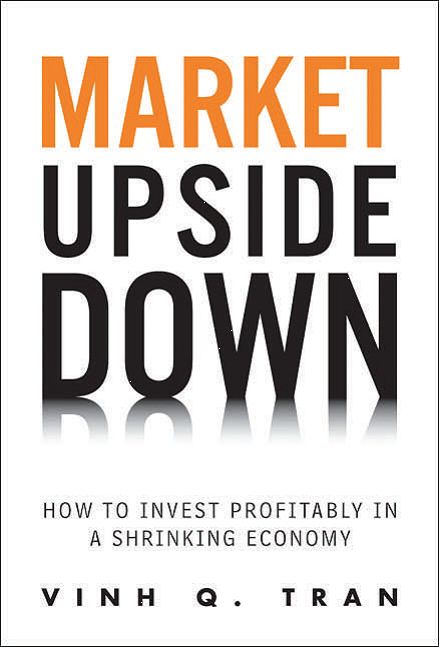March 4, 2010 – Like the proverbial Greek tragedy that is in full display in the land that lends its name, Greece’s fiscal fiasco has been conjured by the Greeks themselves. It has been long in the making and abetted by big investment banks like Goldman Sachs. Their schemes to hide debts off balance sheet pitched to governments desperate to comply with EU budget deficit rules have been widely practiced in other European countries. Yet when the chickens come home to roost and Greece faces debt defaults, the urge again is to provide bailouts. However, Greece is not the only country that has a debt time bomb on its hands –although in its case the fuse is extremely short.
My friend and Belgian-born international money manager Herve Caloen of New York-based Du Pasquier Asset Management, formerly with Scudder Stevens & Clark and Bankers Trust, has a view that I would like to share with you.
Gerald Ford to New York: Drop Dead.
Remember? Those were the days when no city was too big to fail.
In Europe, people tend to use a more nuanced vocabulary.
Last month, at an emergency summit in Brussels, Angela Merkel declared: "Greece will not be left on its own, but there are rules". Make no mistake, this is German for "Drop dead, Athens".
She then hastened to do nothing. Once credibility is restored, German banks and their French counterparts will lend Greece the money. At the proper rate.
Mr. Papandreou got the message. He was given few options. Either face the powerful union or face an Argentina-like sovereign debt default spiral. So far, he seems to have chosen the former.
The funny part is that the markets did not get it. Stock prices even rallied on the belief a bailout was coming.
Wall Street and the City of London love bailouts. Both have long ago given up any faith in capitalism. Fortunately, the Germans are reminding market participants how free markets actually work.
In the meantime, inevitably, commentators are once again predicting the end of the euro "experiment". Somehow they believe that if Greece leaves the euro, it would ignite the unravelling of Europe's greatest accomplishment.
But let's just consider Angela's only sensible option: Doing nothing.
If she does nothing, two outcomes are possible. Either the Greeks clean up their fiscal mess or they don't.
If they do, a powerful message will have been sent. German discipline prevails and the euro gains enormous credibility. Alternatively, Greece is forced to leave the euro, by market forces or by dictum. As a result, Europe loses its most backward, corrupt and insignificant member.
This decision is so easy. Spain and Portugal will get it. Ireland did not wait for Frankfurt or Berlin. They already moved aggressively, even cutting public servants' incomes.
This is very bullish for the euro. Countries in the German Union have a mechanism to enforce fiscal orthodoxy. Hence, Europe is taking the bitter pill now to avoid a protracted economic slump.
Old habits die hard, however. Attention is still focused on the PIIGS [Portugal, Italy, Ireland, Greece, Spain] countries. Or at least on the Club Med countries.
It is naturally easier to make fun of Italy than to worry about the U.K. Yet the Italian deficit is a relatively modest 5.4% of GDP, less than half its British counterpart. Or the US, for that matter.
The New York Times warns about the need to raise half a trillion dollars this year in Euroland.
Whom are we kidding? Half a trillion dollars was once a lot of money. But that was before the U.S., a smaller economy, was running a $1.5 trillion dollar annual deficit.
Here is why the dollar is at a long-term disadvantage. There is no pan-American mechanism that enforces fiscal discipline in Washington.
Back in the days when Washington acted responsibly, tough love worked marvels for New York City. Less than a decade later, New York was blooming again (no pun intended). On the other hand, postponing difficult decisions did not work for Japan.
Without a solid foundation, even Japan has been unable to grow its economy again. They are now about to enter their third lost decade. And there is still no hint of a recovery on the horizon.
As far as Greece is concerned, it is now a German province. Social unrest is inevitable. But Mr Papandreou can always try a French tactic.
Blame it on the speculators. Only twenty years ago, a French finance minister wanted all "speculators" to be guillotined.
The public loved the rhetoric.


